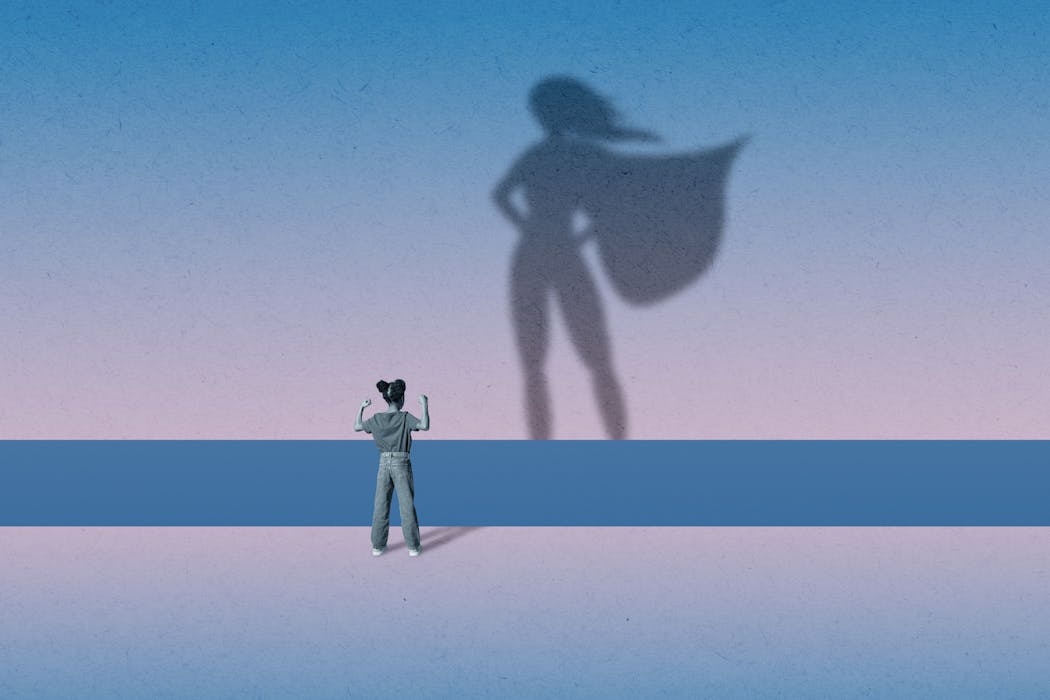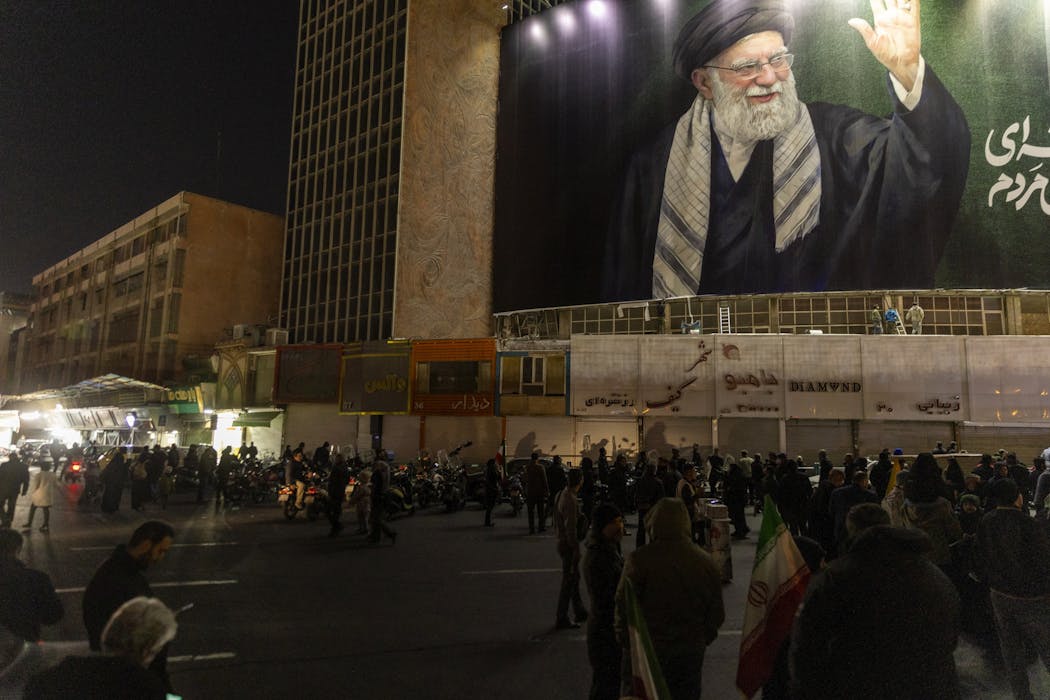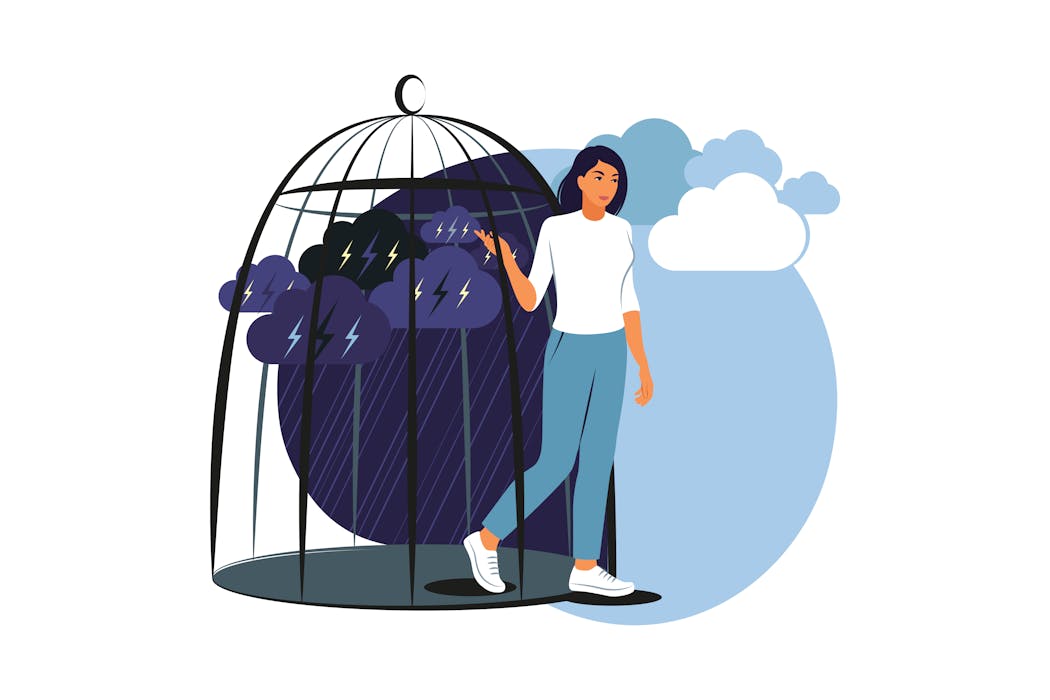The economics of politics is what's firing anger over the ABC cuts
Sometimes things that are pretty simple for most people can seriously confuse an economist. The heat over the ABC cuts is a good example of the blurry line between economics – and the economics of politics.
For economists, this should have a technocratic solution and no one need get angry and shouty about it. Either the ABC is being run in an operationally efficient manner, or it is not. Either it is a public good, or it is not. Either there is market failure in public broadcasting, or there is not.
Invariably these are complex nuanced issues, but while difficult, given enough data, these are questions that can be resolved within a technocratic frame. And if this is what this is all about, then we should be able to get some economists, or really any other smart people with sharp pencils, to figure this out. Then we can all get back to being angry about proper things: such as discrimination, poverty, disease, violence, and the Essendon football team.
That this does not seem to be the case suggests that maybe we’re using the wrong sort of economics. Maybe this isn’t actually about managerial economics, welfare economics, media economics, or the economics of public goods and tax efficiency. Maybe the real issue here is the economics of politics.
The thing about a market society is that it promotes tolerance and other civic virtues. This is because we don’t have to worry about what other people are doing; we can just get on with living our own lives well. But in any situation where we all have to pay for a collective service, we start to care about who is using that service and how much. This rubs against our otherwise natural sense of tolerance for the choices and preferences of fellow citizens.
The economist Richard Wagner in Economic Policy in a Liberal Democracy (excerpted by Don Boudreaux here) explains, in the context of healthcare:
Suppose medical care is financed through state budgets. Once this happens, a new network of interests is created. People who make relatively low use of a service form a natural interest group in opposition to those who might make relatively high use. What was once a matter of a simple toleration of different choices of life-styles under conditions where the choosers bear the costs associated with their choices, becomes a matter of political concern. In the presence of collective provision or common pricing, activities that entail above-average costs, actuarially speaking, will be shifted partially on to those whose activities entail below-average costs. The state necessarily becomes involved as a battleground for the adjudication of disputes over personal life-styles.
The heat from the ABC cuts would seem to be coming from the clash of interest groups that have formed about the politicisation of media consumption itself.
In a fully private media market (or one where the public broadcaster stays tightly within the non-commercial space), no one really cares what other people are consuming. A certain smugness may prevail in one direction, met with mockery from the other. Snob and slob, as I have heard Australia’s different TV broadcast channels being called. There will be shouting across the aisles, but by-and-large this will be cool and tolerant, a bit irreverent and sometimes funny, not hot and angry.
If person A is paying for the media consumption of person B, then B is going to want to consume more than if they were paying themselves, and A is going to be angry at them for doing that. And B is going to be angry that A is angry, and will start talking in the political language of rights and obligations, not market failure. This will make A even angrier. Then A will want to organise against B, and B will counter-mobilize.
And soon we’re yelling at each other on the streets, and probably in the comments thread too. Now it’s become hot and political.
This is the problem with a large public broadcaster operating freely, and now it seems aggressively, in a commercial space. Economists worry about “crowding out”, which is a source of inefficiency, but what seems to be happening is worse – people who make relatively low use of the public service are forming interest groups against those who make relatively high use, and other peoples’ media consumption has become a political concern. Outside of schools of journalism, that’s not usually regarded to be a good thing.
Calls for full-scale privatisation or user-pays licensing can only get stronger from here. And these will be met with an ever more strident push of public broadcasting into direct competition with commercial broadcasters. The lobbying will be furious. Maybe this is how this all has to play out now it is irrevocably politicised, but it seems this is no longer about the economics of public broadcasting – it’s about the economics of politics.
Jason Potts does not work for, consult to, own shares in or receive funding from any company or organisation that would benefit from this article, and has no relevant affiliations.
Read more http://theconversation.com/the-economics-of-politics-is-whats-firing-anger-over-the-abc-cuts-34805
















